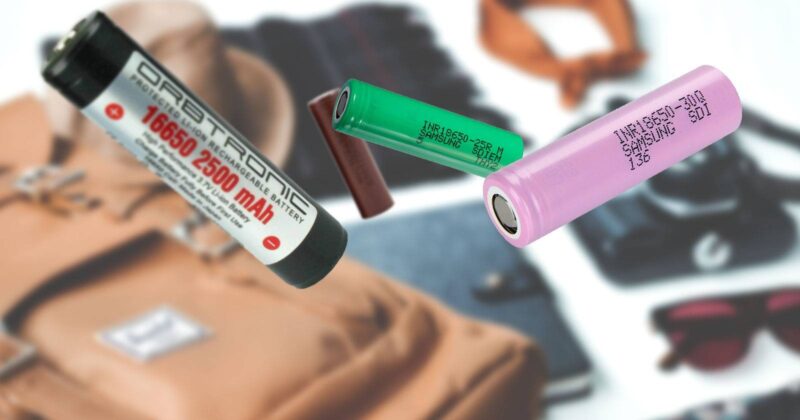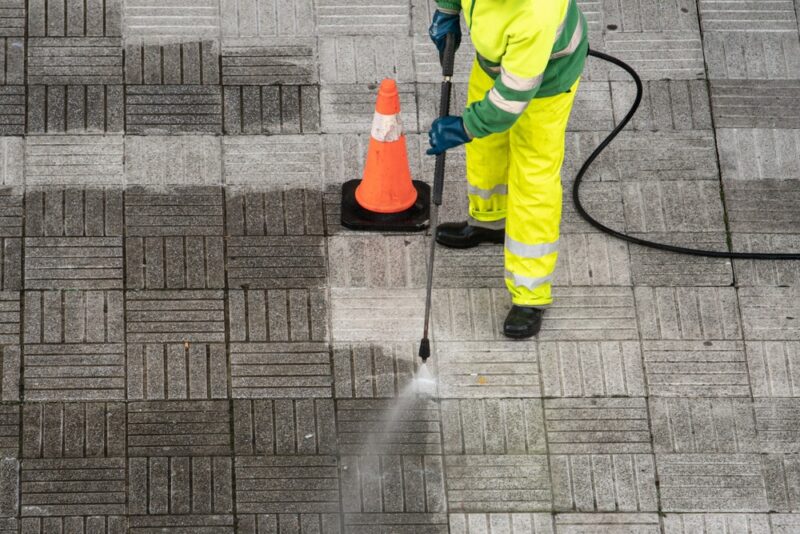Gambling addiction gets classified as an overwhelming urge to bet despite an awareness of the potential consequences of this behavior. It gets characterized by wagering increasing amounts of money to achieve desired excitement levels and concealing this habit from those closest. Persistent problematic gambling behavior can lead to clinical distress and impairment. Over the past few years, these issues have gotten more carefully studied due to this pastime skyrocketing in popularity virtually everywhere.
Despite the COVID-19 pandemic, in 2024, Nevada managed to produce its best year yet, revenue-wise. And that held true for many markets across the globe. The online sector is also doing particularly well, as it is on track to rake in $93 billion in revenues in 2024, an improvement of $33 billion from its 2019 figure. Hence, given that the gambling industry won’t be slowing down soon, it is wise to investigate how different countries on the Old Continent oversee this hobby and the effects of their regulation. Such an examination is presented below.
Markets With Strict Gambling Regulation – Sweden & the UK
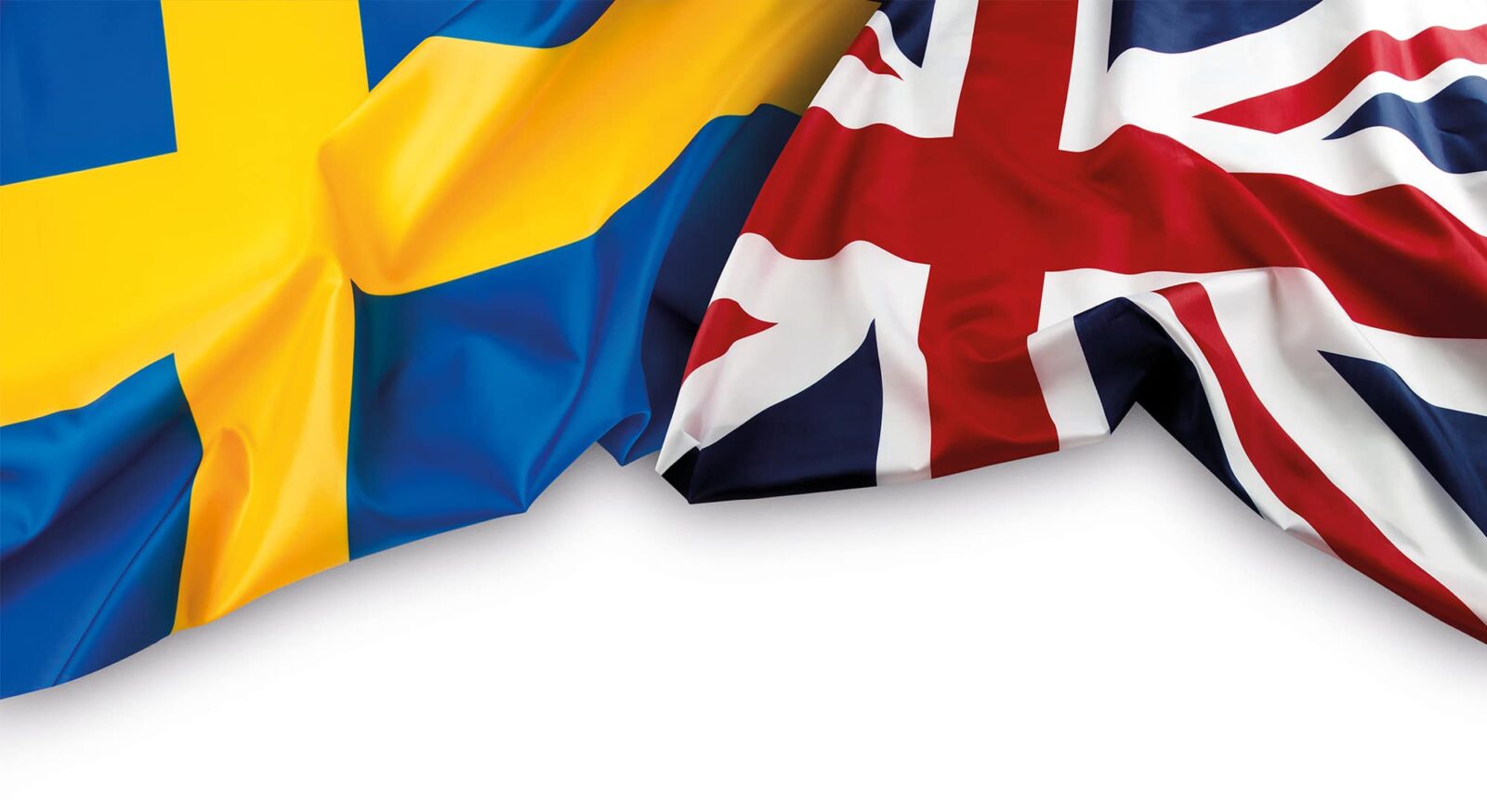
It may shock many, but the UK began regulating online gambling in 2005 with the passing of the Gambling Act. It birthed the UK Gambling Commission (UKGC) as the nation’s gaming regulator. From its inception in 2007, the UKGC started slowly fashioning regulating criteria that all other industry overseeing bodies replicate. And not just in Europe. For example, in 2024, the UKGC implemented spin timers and removed the auto-play function from slot games. In April 2024, the Canadian province of Ontario launched online gambling, and it also incorporated these and other UKGC-pioneered measures.
In March 2020, the UKGC announced a collaboration with the not-for-profit organization The National Online Self Exclusion Scheme Limited to launch a nationwide self-exclusion system called GamStop. It is a database that holds information regarding players that have activated a self-exclusion ban at any UKGC-licensed site. Hence, all foreign platforms that accept UK players now get referred to by UK gamblers as non GamStop casinos or casinos not using GamStop.
Universal self-exclusion schemes are now something that many other countries are looking into establishing. Sweden, which is also one of the top European gambling markets, began featuring this option a year before the launch of GamStop, under the name Spelaus. However, it should get noted that. GamStop had an initial debut date penciled for 2017, but it continuously got delayed.
The Swedish Gambling Authority, founded in 1997, is another super serious regulator, and like the UKGC, it enforces its rules diligently. Undoubtedly, the UK and Sweden are two markets that most fiercely look after player safety, putting their interests above those of gaming operators.
Markets Aiming to Have Stringent Regulation – The Netherlands & Germany
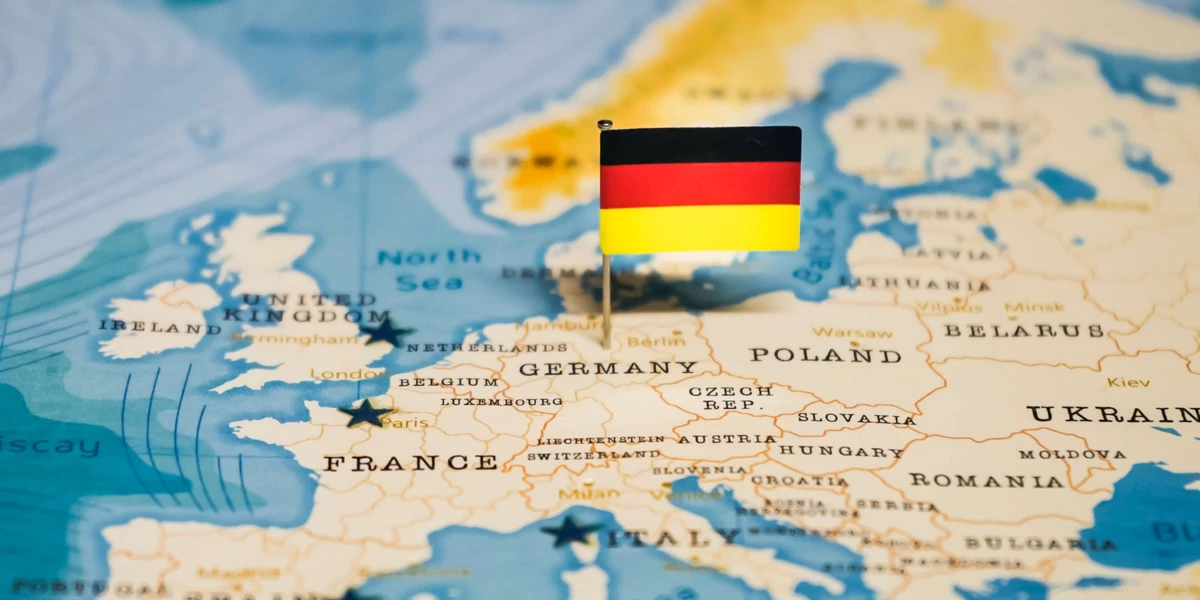
Germany and the Netherlands are two countries whose residents have played online casino games at offshore sites or casinos not on GamStop for years. That is so because, until recently, they did not have clearly defined regulations regarding interactive gaming and no regulator to license and monitor operators. That all changed in 2024 in both countries. In July of last year, the State Treaty on Gambling called the Glücksspielstaatsvertrag got passed. It opened the German market for native companies. The same thing happened in the Netherlands. These countries introduced their interactive gambling regulators, the German one based in Saxony-Anhalt, while the Netherlands’ bearing the name Kansspelautoriteit (KSA), or the Netherlands Gaming Authority.
These two entities are pretty novel, yet they hope to reach the level of the UKGC and SGA relatively soon, and they are proving that by establishing nationwide self-exclusion networks in their respective markets. The German one is OASIS, while the Netherlands’ system is CRUCKS. These countries’ regulators also follow the licensing/monitoring happenings in the UK and copy most of them. For instance, in Germany, gamblers cannot use credit cards at online casinos, something the UKGC implemented in April 2024.
Markets with Light Regulation – Malta & Curacao
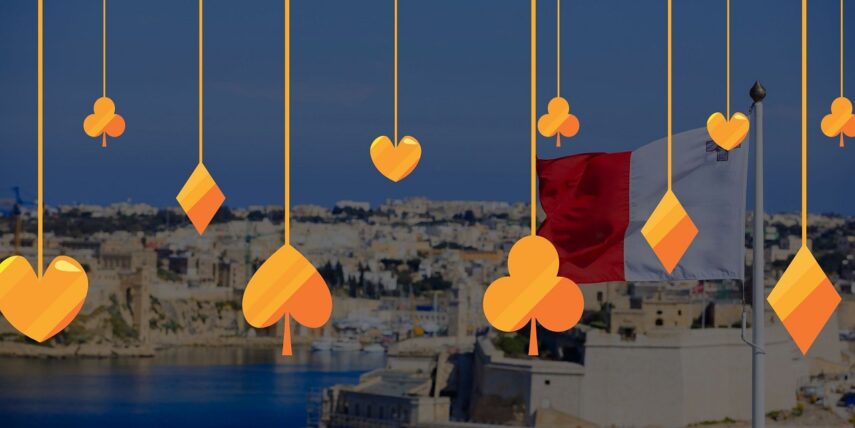
In 90% of cases, a casino not on GamStop is a site run by an operator based in Panama, Malta, or Curacao. The latter territory gets favored by operators who cater to crypto gamblers. Malta is Europe’s gaming haven, acting as a home to multiple top-end game developers and operators that accept players from throughout Europe.
The reason smaller countries like the ones mentioned have loosely regulated gambling markets is that they see this sector as an opportunity to attract foreign investors that will help grow their economy. Thus, they do not worry about gambling addiction rates rising within their borders, as the companies they let run gaming-related businesses on their soil seek to target an international audience. Hence they have no qualms about letting these operators supply as much gameplay freedom as they desire. That means that patrons of casinos not using GameStop will not encounter spin timers, low max bet limits, or irreversible self-exclusion bans.
That said, virtually every non GamStop casino has site-specific self-exclusion and lets its users set deposit/loss limits. So, they do promote responsible wagering but do not go all out regarding player safety as the UKGC does. There are no blanket-wide bans on these platforms. Plus, their bonuses are far more enticing than what gets allowed in the European markets discussed above, as those are careful regarding overly generous promotions that stimulate continuous gaming sessions.
Unregulated Waters

Yes, even in 2024, unlicensed sites exist. These attempt to mask their shadiness by stating that they feature RNG certification, that their games frequently get audited for fairness, or that they abide by the laws of the region from which they operate. According to non-GamStop-casino, if a gambling site does not have a regulator’s badge in its footer, then chances are that it is an unlicensed platform.
These casinos can be a breeding ground for scams, such as operators refusing to payout legitimate wins. Given that they have no regulators, players have no recourse in the case of a dispute and are at the sole discretion of the unregulated operator. These sites may supply unparalleled freedom, but it comes at the price of players potentially losing their deposited funds. Membership to such platforms is a roll of the dice itself.
What Regulation Criteria Is the Best, Overall?
Ideally, the perfect blend would be universal self-exclusion paired with no gameplay restrictions. Unfortunately, fear of people developing problem gambling issues stir the winds towards more rigorous regulation in some markets, while countries which are looking to exploit this industry head in the opposite direction. Hence, it is hard for someone to hold the middle ground. Moreover, since regulators are responsible for running self-exclusion networks, usually along with a not-for-profit, there are few business opportunities for someone to manage such a system. The money is in developing a software solution for it and selling it to regulators that have not yet founded a self-exclusion program.
Related Posts:
- Will Online Gambling Soon Become Legal Across all US States?
- Everything You Should Know About Crypto Gambling…
- How to Test Your Cortisol Levels at Home - 10 Tips
- Are Chess Players Good At Gambling Games: The…
- Save Reddit Video: How to Wisely Reuse Content…
- Top 8 Cryptocurrency Influencers Across Social Media…


